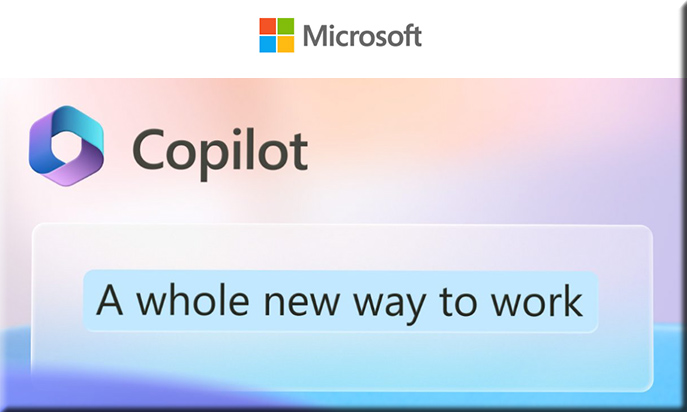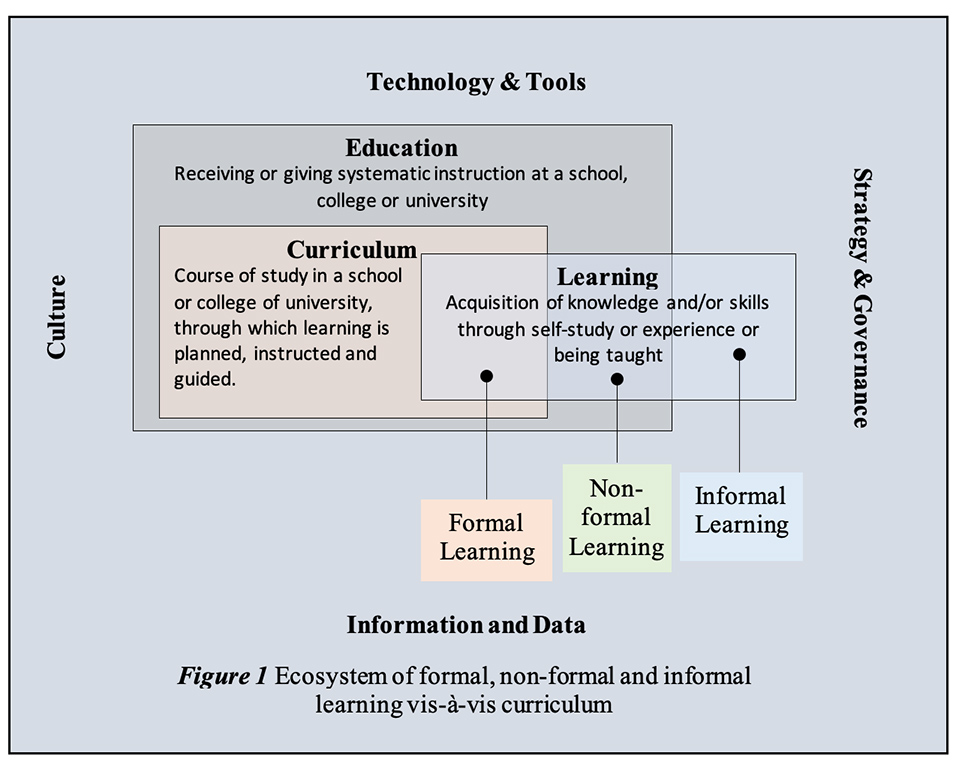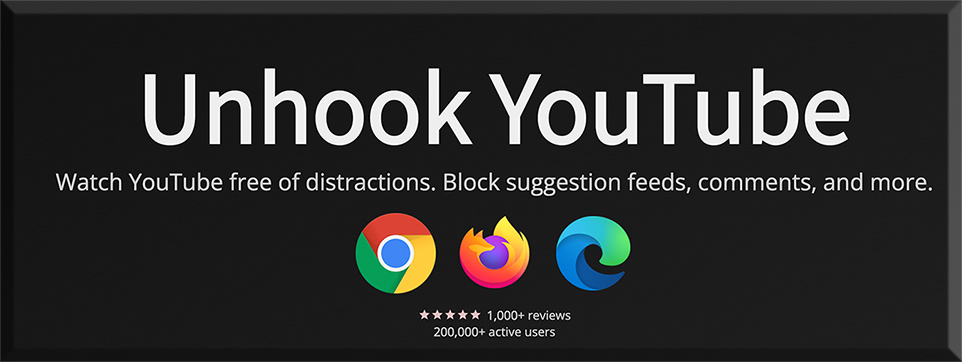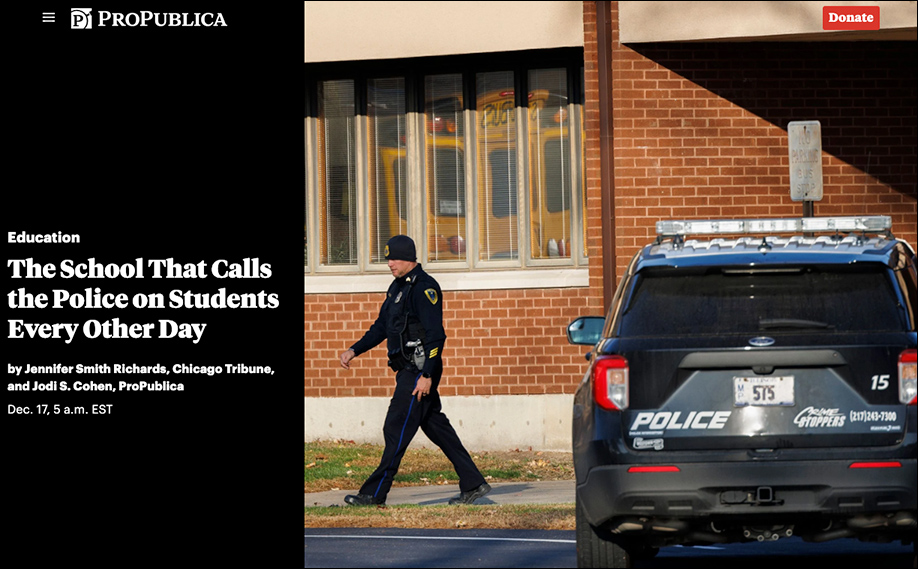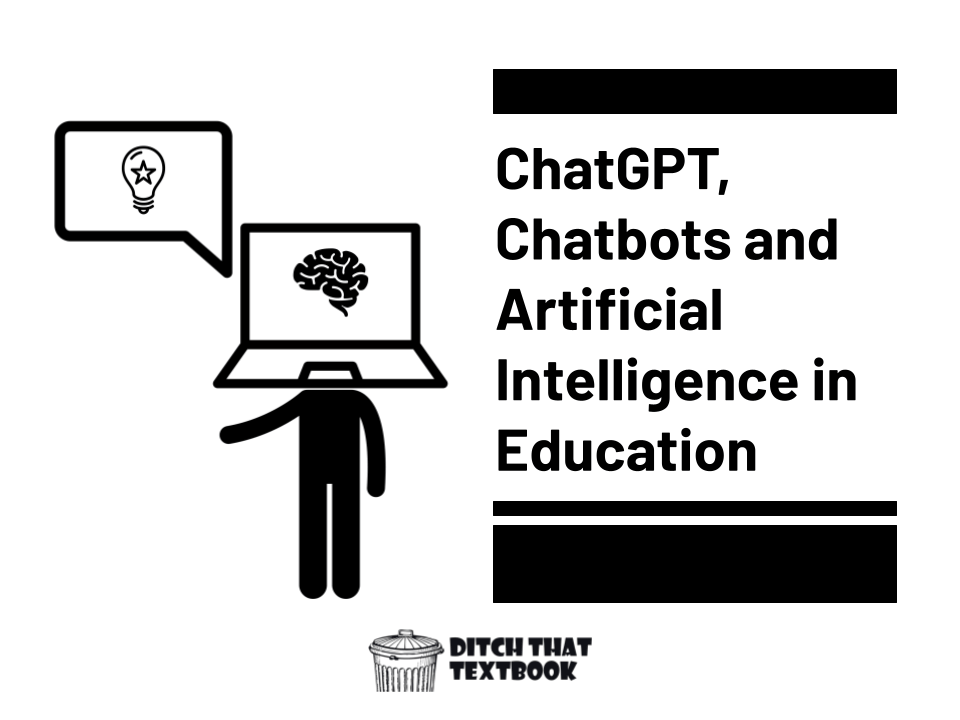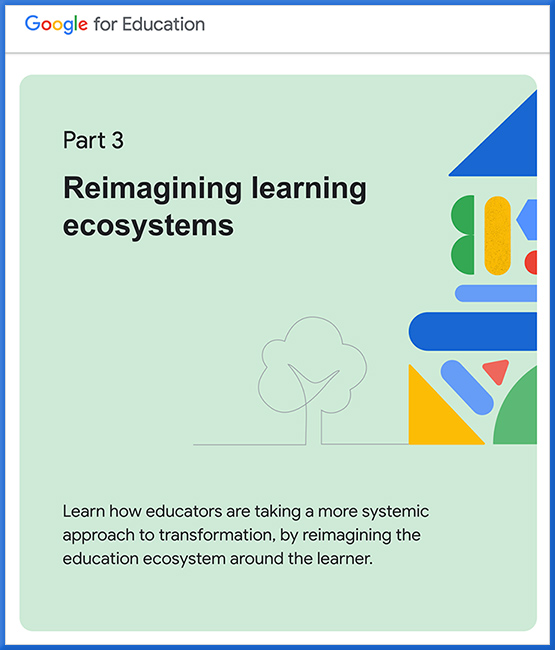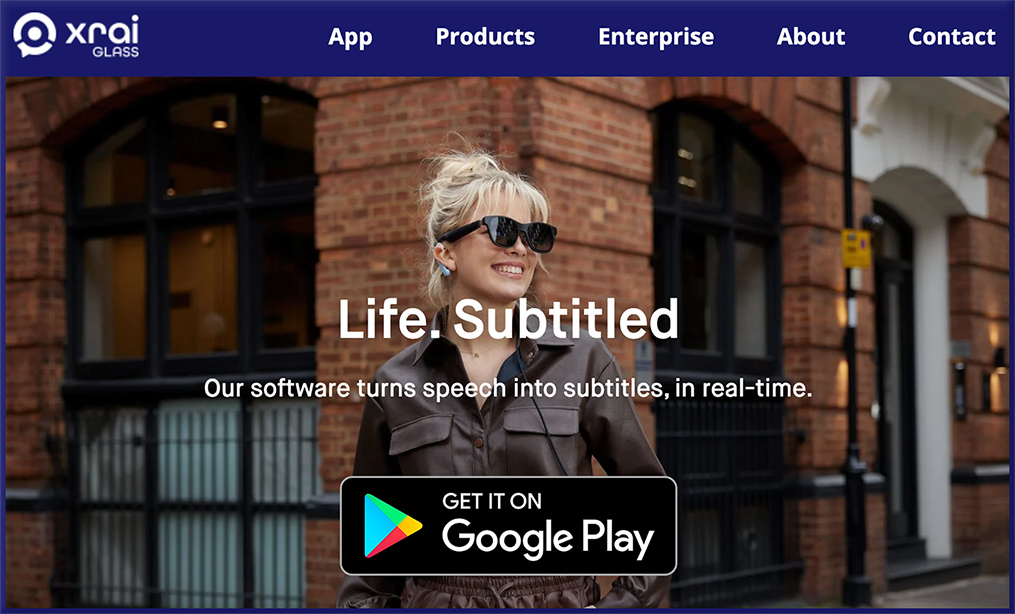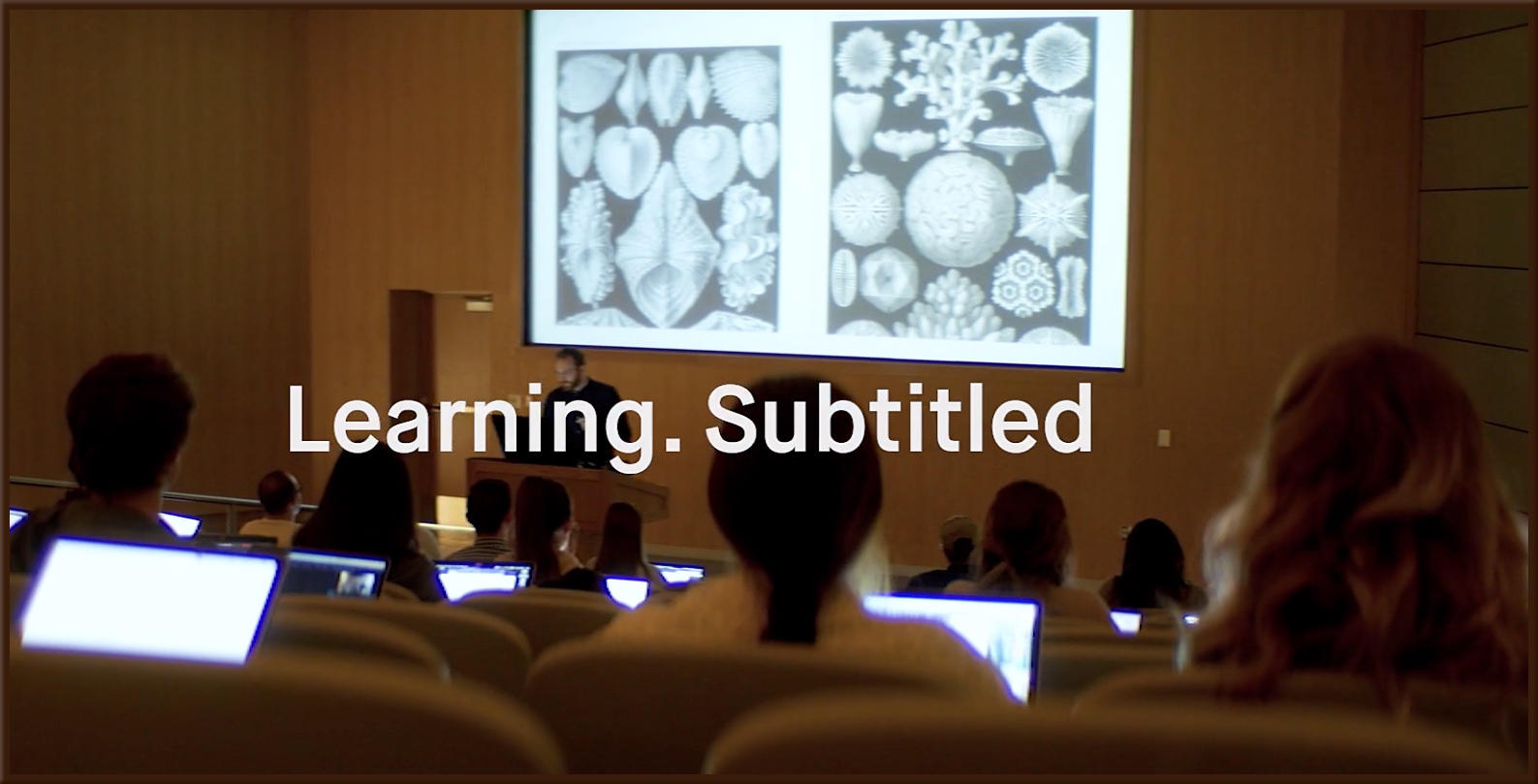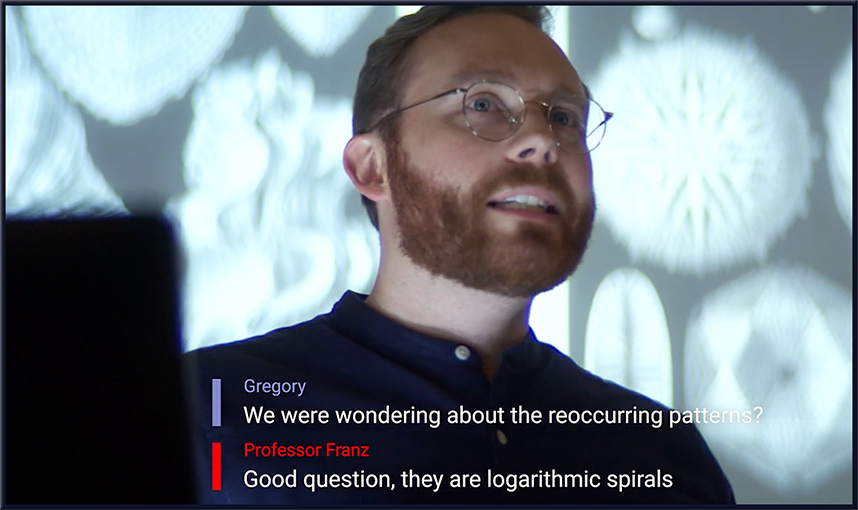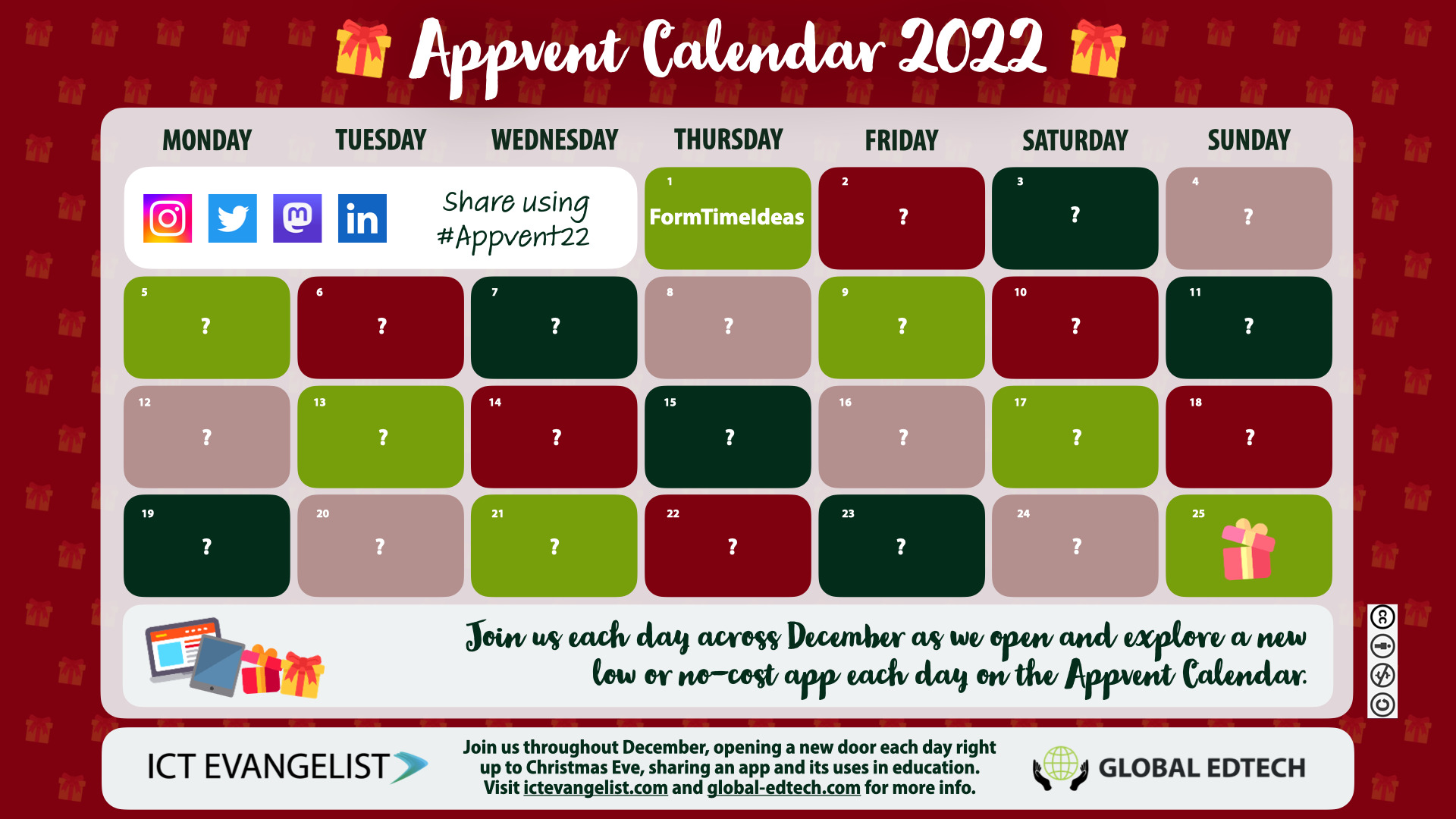Copilot — A whole new way to work — from news.microsoft.com
- Copilot in Word writes, edits, summarizes and creates right alongside people as they work.
- Copilot in PowerPoint enables the creation process by turning ideas into a designed presentation through natural language commands.
- Copilot in Excel helps unlock insights, identify trends or create professional-looking data visualizations in a fraction of the time.
- Copilot in Outlook can help synthesize and manage the inbox to allow more time to be spent on actually communicating.
- Copilot in Teams makes meetings more productive with real-time summaries and action items directly in the context of the conversation.
- Copilot in Power Platform will help developers of all skill levels accelerate and streamline development with low-code tools with the introduction of two new capabilities within Power Apps and Power Virtual Agents.
- Business Chat brings together data from across documents, presentations, email, calendar, notes and contacts to help summarize chats, write emails, find key dates or even write a plan based on other project files.
Introducing Microsoft 365 Copilot – your copilot for work — from blogs.microsoft.com by Jared Spataro
“Today marks the next major step in the evolution of how we interact with computing, which will fundamentally change the way we work and unlock a new wave of productivity growth,” said Satya Nadella, Chairman and CEO, Microsoft. “With our new copilot for work, we’re giving people more agency and making technology more accessible through the most universal interface — natural language.”
Introducing Microsoft 365 Copilot — A whole new way to work — from microsoft.com by Colette Stallbaumer
Excerpt:
Copilot is integrated into Microsoft 365 in two ways. It works alongside you, embedded in the Microsoft 365 apps you use every day—Word, Excel, PowerPoint, Outlook, Teams, and more—to unleash creativity, unlock productivity, and uplevel skills. Today, we’re also announcing an entirely new experience: Business Chat. Business Chat works across the LLM, the Microsoft 365 apps, and your data—your calendar, emails, chats, documents, meetings, and contacts—to do things you’ve never been able to do before. You can give it natural language prompts like “tell my team how we updated the product strategy” and it will generate a status update based on the morning’s meetings, emails, and chat threads.
A new era for AI and Google Workspace — from workspace.google.com by Johanna Voolich Wright
Excerpt:
As we embark on this next journey, we will be bringing these new generative-AI experiences to trusted testers on a rolling basis throughout the year, before making them available publicly.
With these features, you’ll be able to:
- draft, reply, summarize, and prioritize your Gmail
- brainstorm, proofread, write, and rewrite in Docs
- bring your creative vision to life with auto-generated images, audio, and video in Slides
- go from raw data to insights and analysis via auto-completion, formula generation, and
- contextual categorization in Sheets
- generate new backgrounds and capture notes in Meet
- enable workflows for getting things done in Chat
Here’s a look at the first set of AI-powered features, which make writing even easier.









